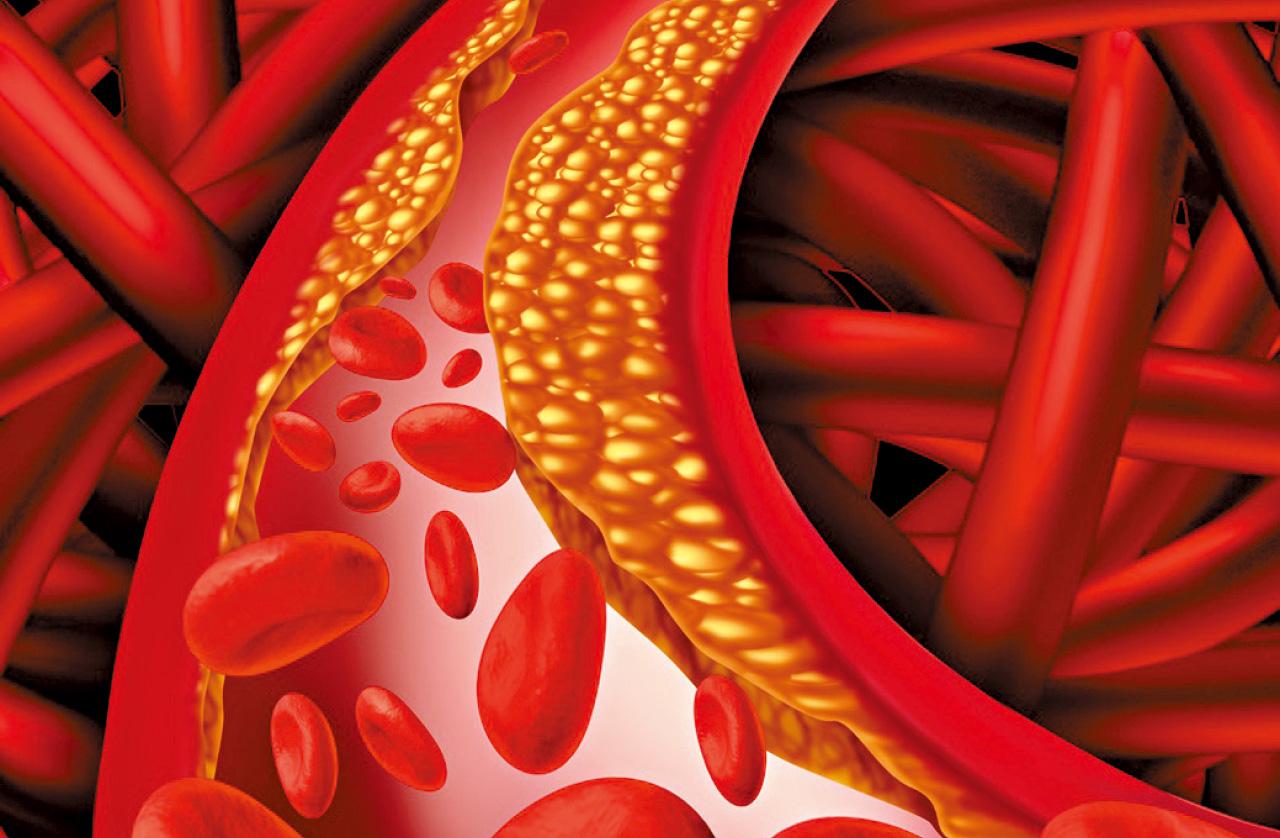
斑塊生斑塊與ApoB無關?

研究發現,在代謝健康的瘦體形高反應者中,動脈粥樣硬化斑塊惡化進度與傳統風險因素LDL-C或ApoB沒有明顯關係。
先旨聲明,這是一項極具爭議性的研究。這篇名為《Plaque Begets Plaque, ApoB Does Not:Longitudinal Data From the KETO-CTA Trial》的最新研究,作者之一便是因16天內每天吃12塊Oreo曲奇而體內血液的低密度脂蛋白膽固醇(LDL-C)水平下降了超過七成的牛津生理學博士兼哈佛醫學院學生Nicholas Norwitz。繼每天吃12塊Oreo曲奇這個一人實驗(n=1 experiment),早前Nicholas Norwitz還以一個月間吃720隻蛋,企圖測試極端健康資訊在互聯網上是否散布得更快。果然,作為一個瘦體超反應者(Lean Mass Hyper-Responder),生酮飲食之後的兩高一低(高LDL-C、高HDL-C、低TG),再一次輕易透過進食一點碳水化合物而導致LDL-C快速下降。問題是,LDL-C或ApoB可任你舞高弄低,長期生酮飲食對心血管疾病風險真的沒有影響嗎?
Nicholas Norwitz今次的研究,比以往的一人實驗多了99位參與者,但始終不是實證醫學常用的RCT(即Randomized Controlled Trial),結果備受爭議是意料之中的:
In lean metabolically healthy people on KD, neither total exposure nor changes in baseline levels of ApoB and LDL-C were associated with changes in plaque. Conversely, baseline plaque was associated with plaque progression, supporting the notion that, in this population, plaque begets plaque but ApoB does not.
可被舞高弄低的LDL-C或ApoB,在這場為時一年的n=100實驗中,似乎對這批長期生酮飲食的瘦體形高反應者沒有造成明顯導致動脈粥樣硬化斑塊惡化。作者強調的,就是我這幾個星期跟大家介紹的干預效果變異性。健康資訊大爆炸,斑塊生斑塊,與ApoB無關?真的嗎?為甚麼?下次再談。
















